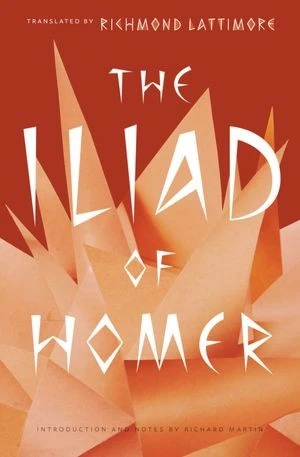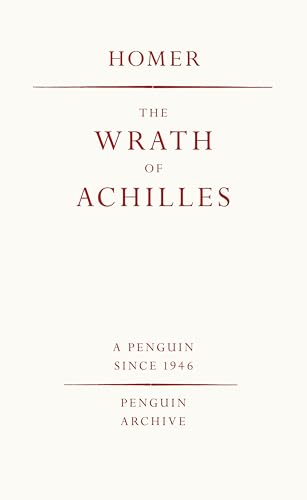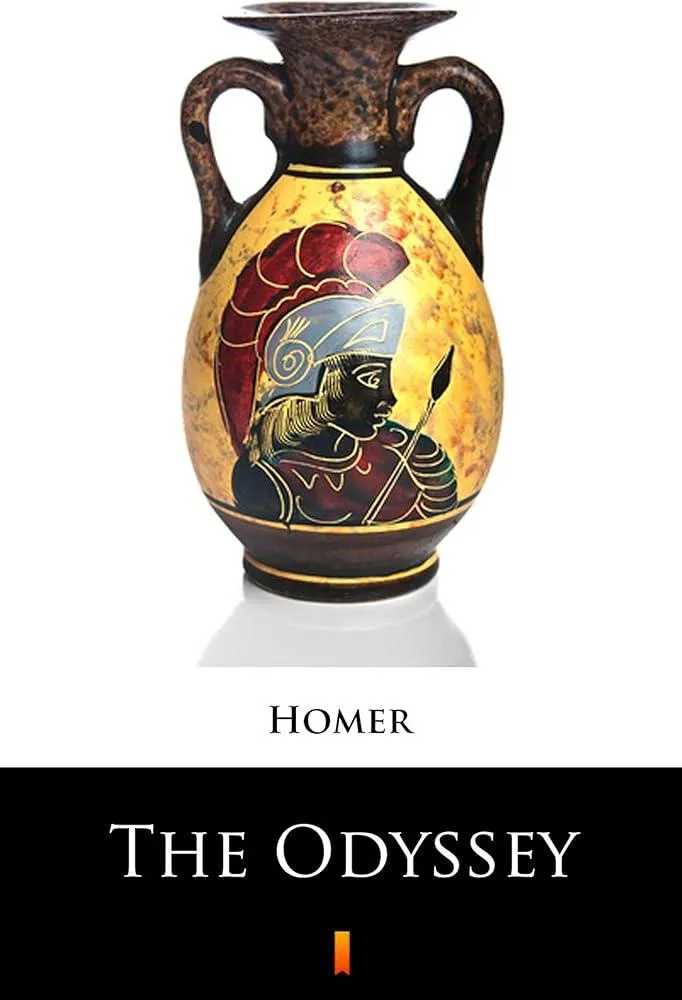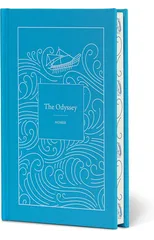"Sing, goddess, the anger of Peleus’ son Achilleus / and its devastation." For sixty years, that's how Homer has begun the Iliad in English, in Richmond Lattimore's faithful translation—the gold standard for generations of students and general readers. This long-awaited new edition of Lattimore's Iliad is designed to bring the book into the twenty-first century—while leaving the poem as firmly rooted in ancient Greece as ever. Lattimore's elegant, fluent verses—with their memorably phrased heroic epithets and remarkable fidelity to the Greek—remain unchanged, but classicist Richard Martin has added a wealth of supplementary materials designed to aid new generations of readers. A new introduction sets the poem in the wider context of Greek life, warfare, society, and poetry, while line-by-line notes at the back of the volume offer explanations of unfamiliar terms, information about the Greek gods and heroes, and literary appreciation. A glossary and maps round out the book. The result is a volume that actively invites readers into Homer's poem, helping them to understand fully the worlds in which he and his heroes lived—and thus enabling them to marvel, as so many have for centuries, at Hektor and Ajax, Paris and Helen, and the devastating rage of Achilleus.
Homer
Homer is an ancient Greek poet believed to have lived in the 8th century BC. His most notable works include the epic poems "The Iliad" and "The Odyssey," which are considered masterpieces of Western literature. Homer's writing style is known for its vivid imagery, epic themes, and complex characters. His contributions to literature include establishing the epic genre and influencing countless writers and poets throughout history. "The Odyssey" is Homer's most famous work, telling the story of Odysseus' journey home after the Trojan War. Homer's impact on literature is immeasurable, with his works continuing to be studied and admired for their timeless themes and storytelling prowess.








